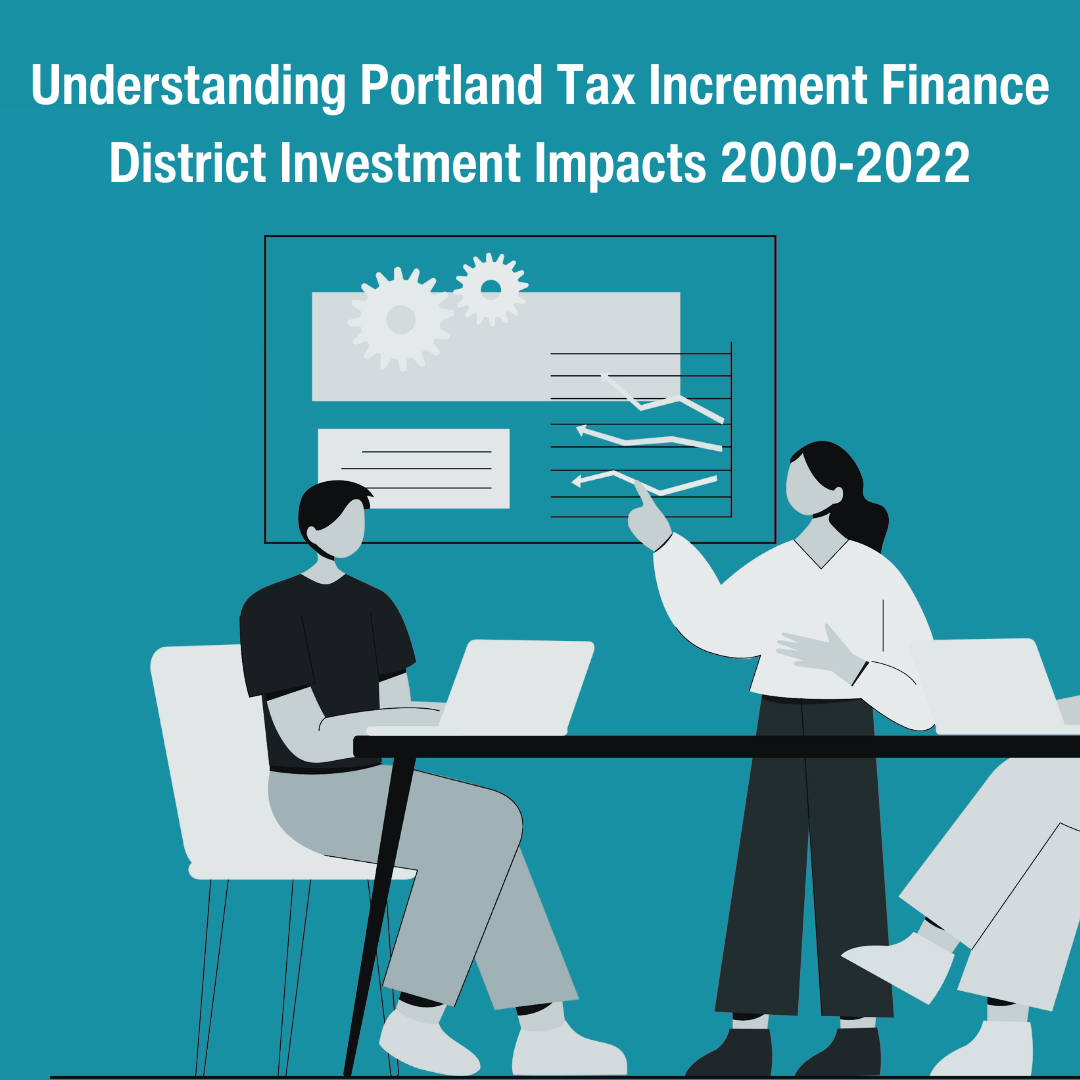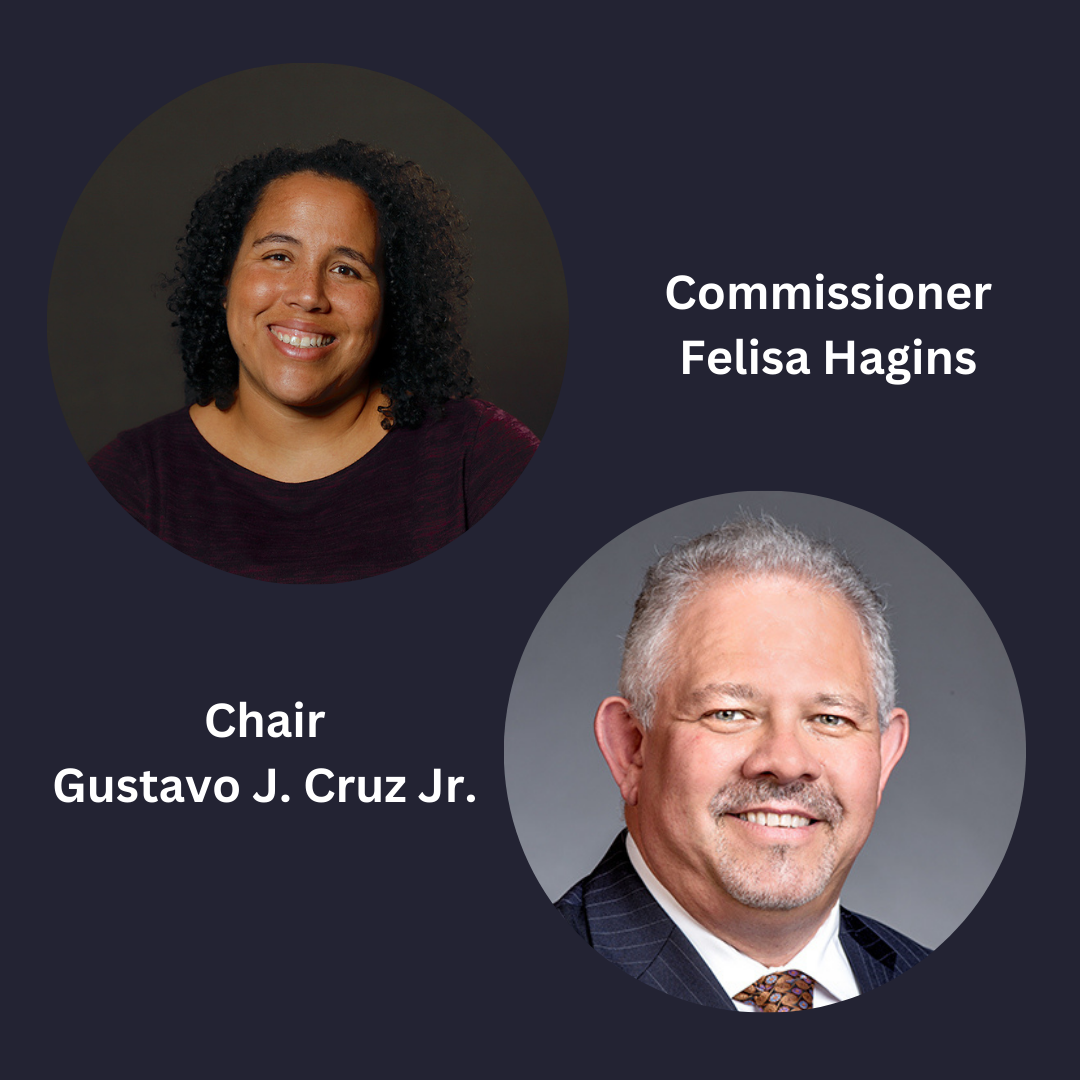ECOnorthwest Releases Tax Increment Finance (TIF) District Investment Impact Report
This week, ECOnorthwest presented a report to City Council in response to a directive given to Prosper Portland and the Portland Housing Bureau in 2022 to “engage in and complete a third-party evaluation of all TIF districts associated with expected returning TIF revenues in order for Council to better understand how outcomes aligned with the original intent of district creation.”
This report highlights that TIF District Investments have been an important tool for community development alongside land use and regulatory frameworks – one that can catalyze job growth and increase housing production. When it is used intentionally and when real estate markets are responsive, it can be an effective tool for inclusive growth. The report identifies that relative to comparison areas outside TIF districts, those inside TIF districts saw:
- 6 times the amount development by square footage
- 25 times the amount of high-density development
- 4 times the growth rate in housing production
- 5,300 units of TIF-funded affordable housing (47% of all affordable housing in the city)
- 24,000 more jobs, which generally had 20% higher wages
These numbers alone do not tell the full story. While indicators of housing stability in TIF Districts improved overall, the report affirms that improvements in housing security were not equitably experienced: in the Interstate Corridor Black residents, and other people of color, experienced significant levels of displacement.
In response to the experience of Black Portlanders in N/NE Portland, over the past decade Prosper Portland, the Portland Housing Bureau, and other city bureaus have shifted our approach both within and outside the district. Working alongside community partners, we have emphasized housing security and inclusive growth through the affordable housing set aside policy, application of an equitable development framework, and community-informed initiatives like the N/NE Housing Plan, N/NE Community Development Action Plan, and the newly adopted Cully TIF District.
The EcoNW report shares three recommendations as we collectively consider new TIF District formation:
- Reducing systemic barriers to economic opportunity before and during investments in infrastructure or other catalytic projects;
- Incenting significant new housing production in TIF districts to meet housing needs and reduce housing instability; and
- Building community trust through better accountability and transparency on how money is invested and is connected to public outcomes.
Building on these lessons, the lived experiences, and the expertise each of you bring to the discussion, as we explore the potential of a new generation of TIF districts, we can collectively ensure the tool works to stabilize vulnerable communities and to foster inclusive growth.




